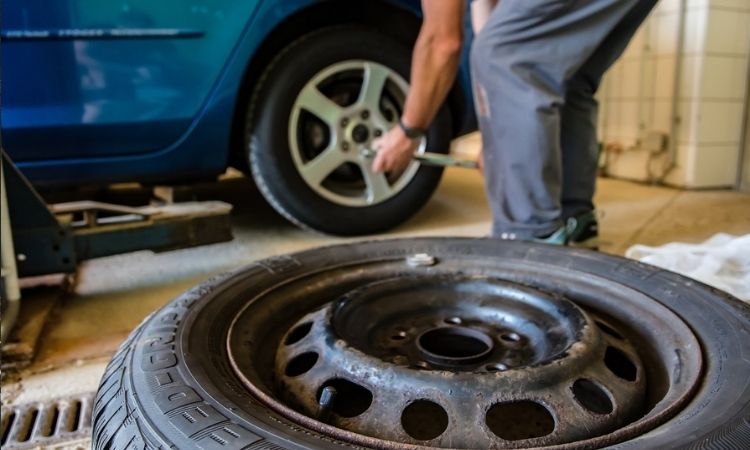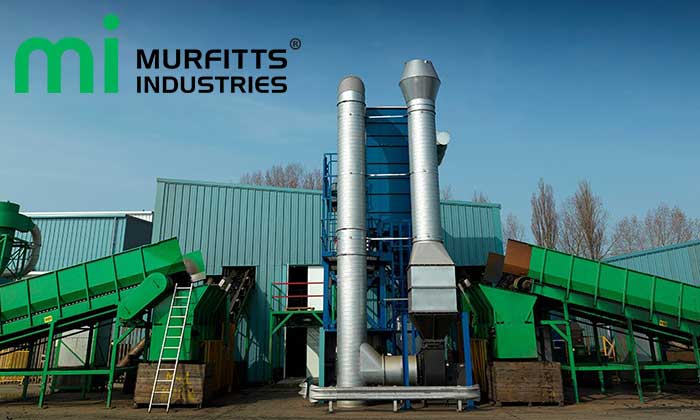Bridgestone aims to increase tire recycling by implementing RFID Tags by 2030
Bridgestone – a global leader in tires and sustainable mobility solutions – is planning to help reduce the carbon footprint of its commercial vehicle line of tires by producing radio-tagged tires in 2024. Tires on vehicles like trucks and buses will be linked to a cloud-based system that is designed to help clients maximize the tires’ lifespan and minimize their carbon footprints.
By the end of 2022, Bridgestone intends to begin expanding its plant in Warren County, Tennessee. As part of this renovation, it will install production equipment capable of embedding tires with radio frequency identification (RFID) tags.
With a focus on U.S. and European logistics companies that need to manage significant fleets of vehicles, Bridgestone will begin by attaching the tags to retreaded tires for trucks and buses. Nevertheless, the rollout may take longer than expected due to the current chip shortage, which impacts RFID tags, at least until the necessary chips are more widely available.
In order to start producing RFID-tagged tires in these regions in 2024, the company will also set up new production lines in Japan and the rest of Asia. By 2030, it plans to switch all trucks and buses in Japan, the United States, and Europe to these new tires, and it may eventually supply tagged passenger vehicle tires as well.
The company currently provides a service called Tirematics, which monitors tire pressures and temperatures across client fleets using sensors on the wheels. But the platform does not track individual tires, and requires extra steps during tire changes to ensure data is properly fed into the system.
Upgrading the tires with RFID tags will allow the company to automatically identify and track each tire at maintenance hubs and other facilities. Each tire having a unique ID allows them to monitor production and repair histories, which will be stored on a cloud-based system for easy retrieval of information.
The new technology is expected to offer users the ability to adjust the pressure of specific tires to increase fuel efficiency and to retread them at the right moment to lengthen their lifespan.
Commercial tires that are worn out cannot be retread and must be completely replaced. According to Bridgestone, retreading a tire twice reduces carbon emissions and material requirements by half compared to replacing it twice.
In order to offer more value-added services, Bridgestone has acquired a number of fleet maintenance service providers and plans to connect them with the new RFID-tagged tires. In 2030, the company wants to double its solutions business revenue, which includes revenue from car maintenance, to about 2 trillion yen ($13.8 billion).
Source: Nikkei Asia.
Weibold is an international consulting company specializing exclusively in end-of-life tire recycling and pyrolysis. Since 1999, we have helped companies grow and build profitable businesses.









